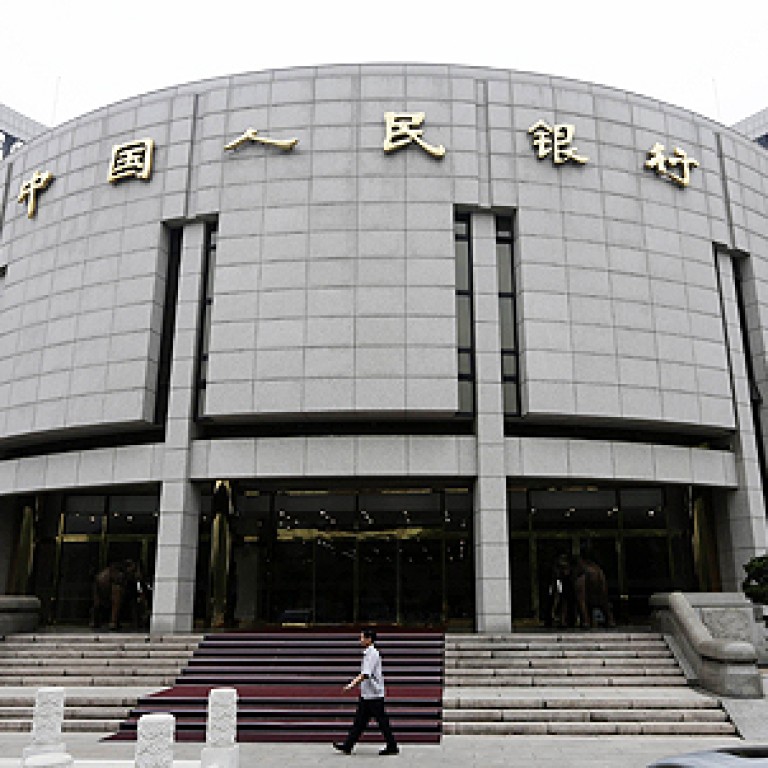
China central bank promises better public communication, eyes inflation
China’s central bank promised on Friday to improve its communication with investors to keep market liquidity and interest rates stable, in an oblique reference to the country’s unprecedented cash crunch in June.
Reiterating that China’s monetary policy would remain prudent, the People’s Bank of China (PBOC) said in its quarterly policy report that it hopes to anchor investors’ near-term expectations on market interest rates and liquidity.
China’s short-term interest rates shot to as high as 30 per cent in late June after the central bank refused to increase money supply to ease a cash crunch partly caused by a seasonal spike in demand for funds.
The move was widely seen as a warning to banks to crack down on risky lending practices, but triggered a rout in the money market, which shook investors’ confidence and pummeled Chinese stocks.
The violent market reaction led some to criticise the PBOC for not saying early on that it would backstop the market to avoid bank failures – a vow the central bank made after the height of the cash squeeze.
“We will manage and adjust liquidity in the banking system while increasing communication with the market and the public to stabilise expectations,” the central bank said.
“We will guide financial institutions to operate in a stable manner and urge them to improve their liquidity and risk management and internal controls.”
The central bank also reiterated that strict controls on China’s frothy property market would remain in place, and did not signal any changes in its policy stance.
It said monetary policy would be fine-tuned when necessary to foster stable economic growth. The bank said credit supply would be allowed to grow moderately but struck a cautious note on inflation.
China’s economy, the world’s second largest, has slowed in nine out of the last 10 quarters as flagging foreign and domestic demand cool growth in exports and factory production. The economy is in danger of posting its worst annual performance in over two decades this year.
“We cannot be blindly optimistic on the trend for consumer prices,” the central bank said. “We should continue to guide and stabilise inflation expectations.”
Wang Jin, an economist at Guotai Junan Securities in Shanghai, said although the PBOC was vigilant about price pressures, he does not expect a change in its policy stance.
“They are more concerned about the economic slowdown,” Wang said.
“The central bank is likely to keep policy stable, but monetary conditions in the second-half of the year could be tighter than in the first-half.”
Money supply growth was higher in the first-half of the year partly as a result of capital inflows, Wang said.
The central bank also said it had rolled over some three-year central bank bills that were about to mature.
The move was an attempt to maintain the overall supply of central bank bills trading in China’s bond market, even as new bill issuance has lagged behind the pace at which previously issued bills have matured.
The PBOC regards the interest rate on central bank bills in the secondary market as an important benchmark, the report said. It is trying to shift towards a monetary policy framework based more on interest rates rather than quantitative targets.

